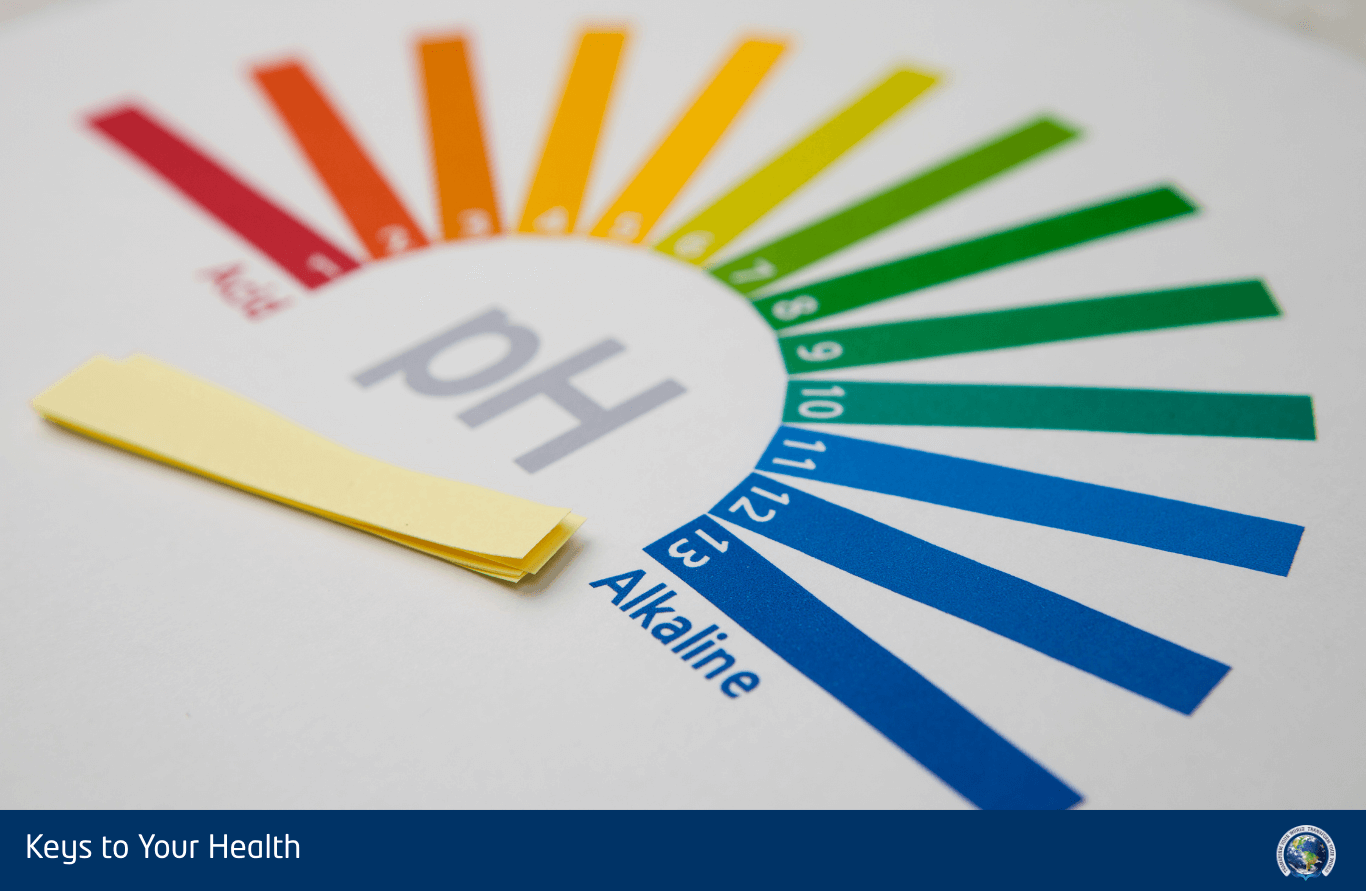Chronic Kidney Disease (CKD) is a progressive condition characterized by the gradual loss of kidney function over time. It affects millions worldwide and can lead to end-stage renal failure if not managed appropriately. Recent studies have explored various interventions to mitigate CKD progression, including the potential benefits of Electrolyzed Reduced Water (ERW).
What is Electrolyzed Reduced Water (ERW)?
ERW is produced through the electrolysis of water, resulting in water with a negative oxidation-reduction potential (ORP) and a slightly alkaline pH. This process imparts antioxidant properties to the water, enabling it to scavenge free radicals and reduce oxidative stress.
The Link Between ERW and CKD
Oxidative stress plays a significant role in the progression of Chronic Kidney Disease (CKD). Elevated levels of reactive oxygen species (ROS) can damage kidney cells, leading to inflammation and fibrosis. ERW’s antioxidant properties have been investigated for their potential to counteract this oxidative damage.
Research Supporting ERW in CKD Management
Reduction of Hemodialysis-Induced Oxidative Stress
A study published in Kidney International examined the effects of ERW on patients undergoing hemodialysis. The results indicated that ERW administration diminished hemodialysis-induced oxidative stress, as evidenced by decreased levels of phosphatidylcholine hydroperoxide and plasma methemoglobin. Additionally, ERW treatment increased hematocrit levels and attenuated proinflammatory cytokine profiles in these patients.
Nephroprotective Effects in Animal Models
Research published in the Journal of the Chinese Medical Association investigated the nephroprotective effects of ERW in mice with cisplatin-induced kidney toxicity. The study found that ERW treatment increased the activities of antioxidant enzymes such as glutathione peroxidase, glutathione reductase, catalase, and superoxide dismutase, and reduced lipid peroxidation, thereby protecting against kidney damage.
Improvement of T-Cell Function in Hemodialysis Patients
A study in Nephrology Dialysis Transplantation assessed the impact of ERW on T-cell function in end-stage renal disease patients undergoing chronic hemodialysis. The findings demonstrated that one year of ERW treatment effectively ameliorated T-cell apoptosis and altered cytokine profiles, suggesting an improvement in immune function.
Safety Considerations
While ERW shows promise, it’s essential to approach its use with caution, especially for individuals with impaired kidney function. Some studies have reported adverse effects, such as hyperkalemia, when consuming ERW with a pH above 10. Therefore, it is recommended that those with kidney issues consult healthcare professionals before incorporating ERW into their regimen.
The Bottom Line
Electrolyzed Reduced Water (ERW) has emerged as a potential adjunctive therapy in managing Chronic Kidney Disease (CKD), primarily due to its antioxidant properties. While preliminary studies are promising, further research is necessary to fully understand its efficacy and safety profile. Patients should consult with their healthcare providers before considering ERW as part of their CKD management plan.
Note: This blog is for informational purposes only and should not be considered medical advice. Always consult with a healthcare professional before making any changes to your health regimen.



